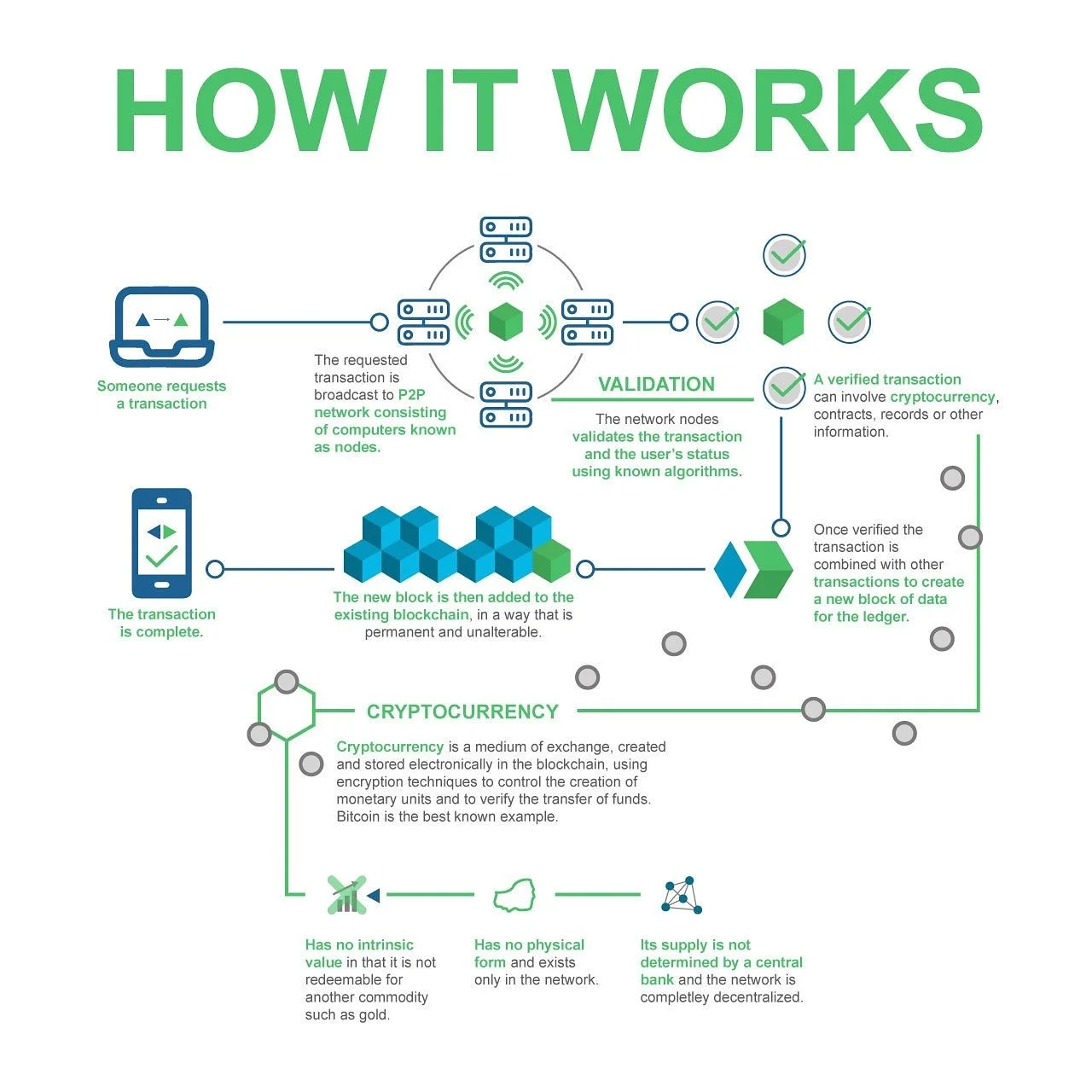Block Chain and Crypto Currency
Blockchain cryptocurrency is essentially a digital asset designed to function as a medium of exchange.
•
Nov. 15, 2022

Blockchain cryptocurrency is essentially a digital asset designed to function as a medium of exchange. Unlike physical currencies, blockchain cryptocurrency operates on digital channels and frequently employs strong cryptography to secure online financial transactions. These cryptographs or encryption layers can also be used to control the creation of new units and to validate asset transfers. There are various types of blockchain cryptocurrency. They include Bitcoin, Litecoin, Ripple, Ether, and others.
With the introduction of blockchain currency, it became possible to create something that cannot be duplicated and can only be sent from one person to another. These transactions do not necessitate the presence of a trusted third party, organization, or computer server in the middle as a source of trust.
The supply and value of cryptocurrencies are determined by their users' actions and highly complex protocols built into governing codes. Miners' activities, in particular, are critical to the stability and smooth operation of cryptocurrencies. Miners are cryptocurrency users who anchor sophisticated computing functions to record transactions and receive newly created cryptocurrency units and transaction fees.
The most noticeable distinction between blockchain currency and physical currency is that blockchain cryptocurrency controls transactions through a decentralized system, as opposed to centralized digital currencies and central banking systems. This decentralized feature is built on distributed ledger technology, typically a blockchain that serves as a public financial transaction database.

The most noticeable distinction between blockchain currency and physical currency is that blockchain cryptocurrency controls transactions through a decentralized system, as opposed to centralized digital currencies and central banking systems. This decentralized feature is built on distributed ledger technology, typically a blockchain that serves as a public financial transaction database.
As a result, Blockchain and cryptocurrency are not synonymous.
While blockchain currency is a type of online transaction, blockchain technology is what powers it. Blockchain is at the heart of the cryptocurrency concept. It's worth noting that blockchain was created to manage cryptocurrencies. Blockchain is simply a distributed ledger that stores data. Various blockchain projects intend to store various types of data on their blockchains, ranging from real estate details to contracts and, of course, virtual currency values. Cryptocurrency is simply a different type of data that can be stored on a blockchain.
A cryptocurrency's blockchain is the master ledger that generally records all previous transactions and activities, validating the ownership of all units of the currency at any given time. As a record, the blockchain contains the entire transaction history of a cryptocurrency. It has a finite length and a finite number of transactions, which eventually surges over time. Every node of the cryptocurrency's software network stores identical copies of the blockchain. This network of decentralized server farms is managed by miners, who are tech-savvy individuals or groups of individuals. Miners constantly record and verify cryptocurrency transactions.
| Basis of Comparison | Blockchain | Cryptocurrency |
|---|---|---|
| Nature | A technology that records exchanges | Tools used in virtual exchanges |
| Use | Record transactions | Make installments, speculations, and storage of wealth |
| Value | Have financial worth | Have no financial worth |
| Mobility | Can be moved | Can’t be moved |
Related

Technology and Automation in Accounting and Auditing: Adapting to a Digital-First Future
The world of accounting and auditing is being reshaped by cutting-edge technologies, bringing opportunities and challenges for professionals and businesses alike. From blockchain to artificial inte...
Read more
Financial Reporting and Analysis in 2024: Key Updates You Need to Know
Financial reporting today isn’t just about crunching numbers; it’s about telling the full story behind a company’s performance, future potential, and impact. With new standards emerging, evolving a...
Read more
Navigating the Evolving World of Audit and Assurance
The world of auditing is not what it used to be—it's faster, smarter, and more focused on risk and fraud than ever before. With new technologies and methodologies reshaping how audits are done...
Read more